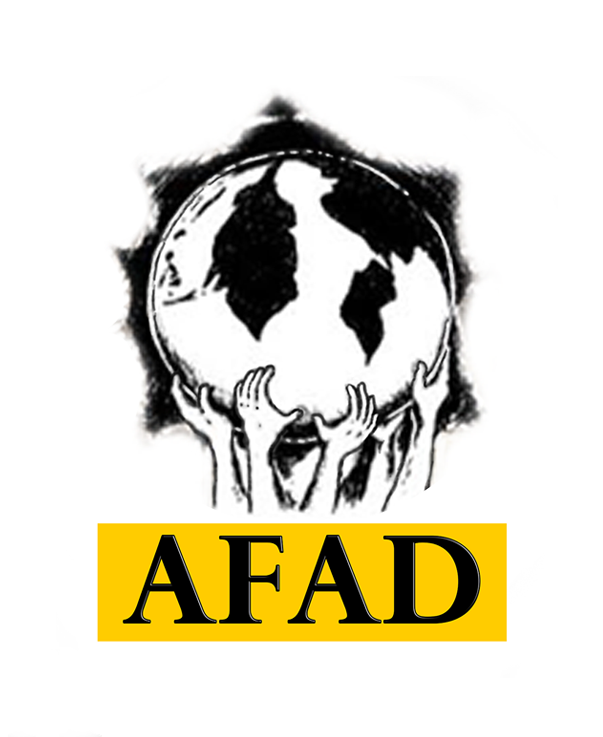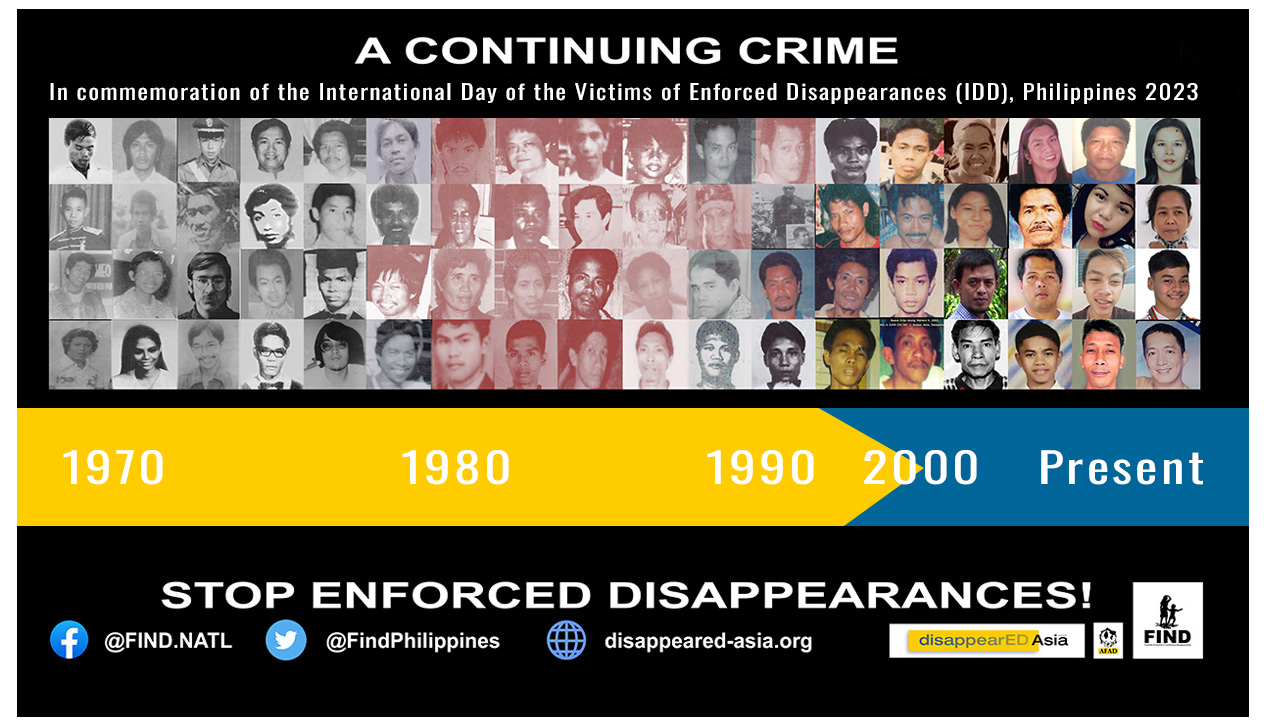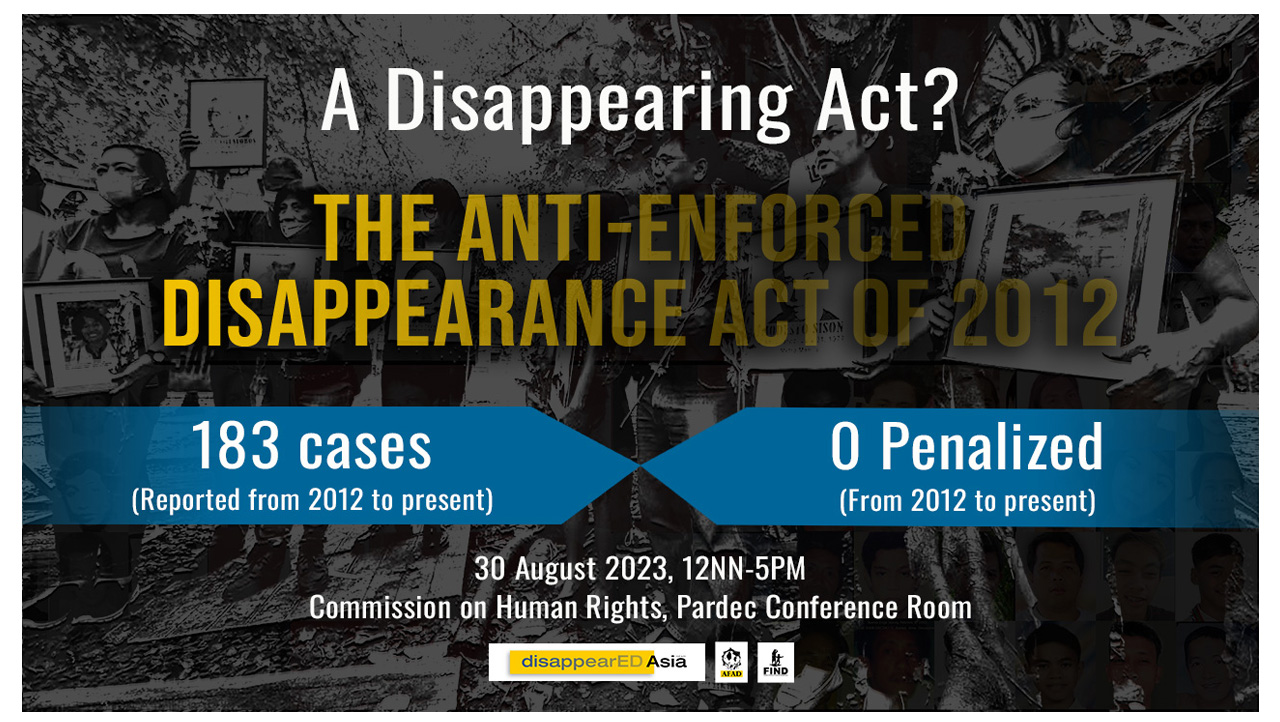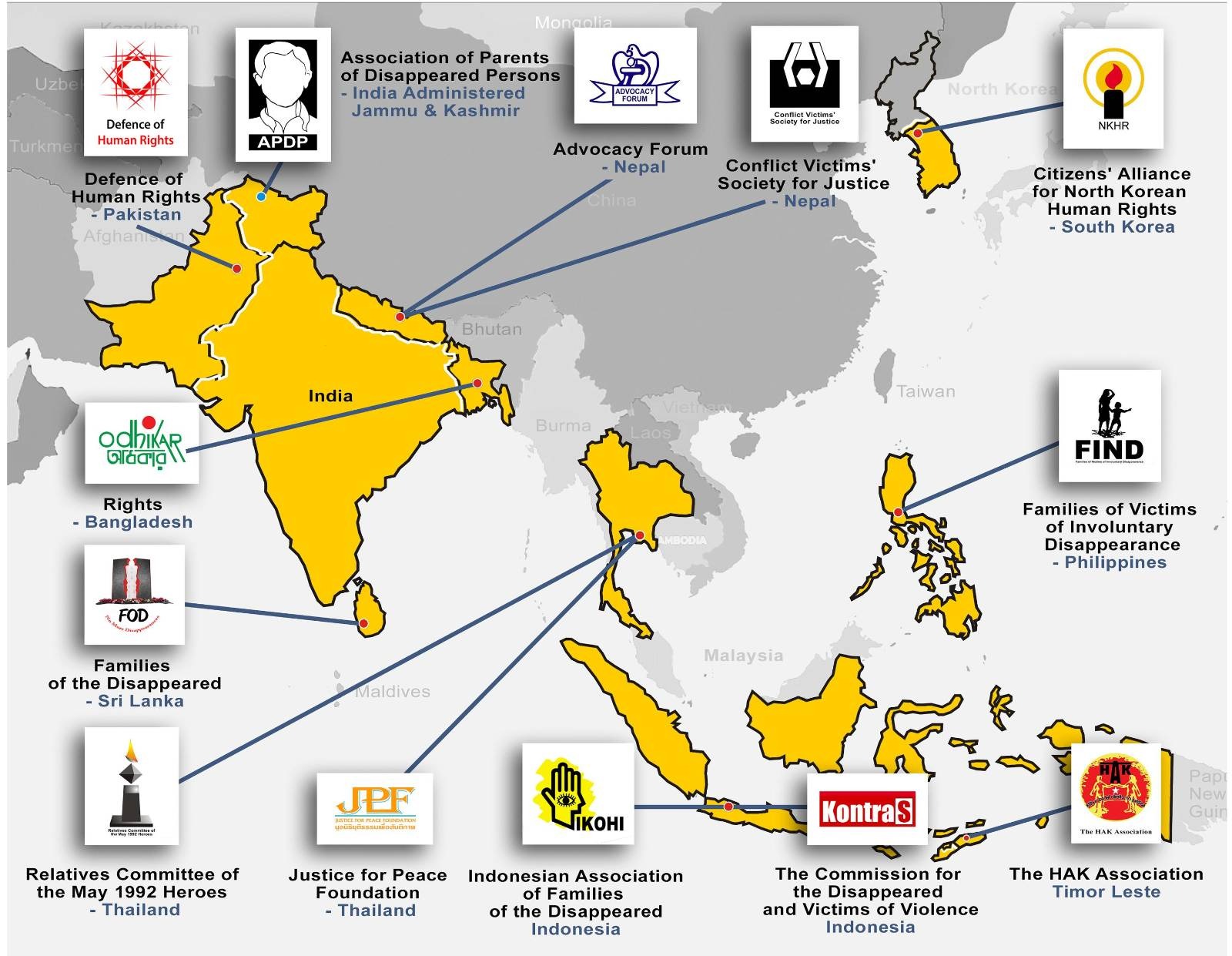What's Happening
BANGLADESH: Immediately release Mahmudur Rahman, arbitrarily imprisoned since 2013
JOINT PRESS RELEASE
Geneva-Paris-Hong Kong, February 3, 2016. The authorities of Bangladesh should immediately release journalist Mahmudur Rahman, who completed 1,000 days in custody without trial on January 6, 2016 as part of the Government’s efforts to stifle critical voices in the country, the Observatory for the Protection of Human Rights Defenders (a OMCT-FIDH joint programme) and the Asian Human Rights Commission (AHRC) said today.
Mr. Mahmudur Rahman, Acting Editor of the Amar Desh newspaper, has been detained since April 11, 2013, after he was charged with sedition and unlawful publication of a Skype conversation between International Crimes Tribunal (ICT) Judge Md Nizamul Huq and an external consultant in December 2012. At the time of his arrest, the Amar Desh office and its press were raided by the police, journalists and press-operators were beaten and driven out, and the press building was sealed. It has remained closed since. From April 11 to 24, 2013, Mr. Rahman was subjected to torture while in police custody.
Hermon
Atty. Hermon C. Lagman was a militant labor and human rights lawyer during martial law. He taught the workers not only labor rights but also the value of critical and decisive thinking, self-reliance and steadfastness, collective leadership, and shared responsibility. He motivated trade unions and workers’ organizations to assert and defend their rights even in defiance of the martial law ban on strikes and other concerted activities.
https://youtu.be/qVpYHa4Nyj0
The commission of enforced disappearance, which is a multiple violation of human rights, has been unabated in the Philippines. The Marcos regime registered the highest number of reported victims at 882, followed by the Cory Aquino administration at 825. There were 340 reported victims under the administration of Gloria Macapagal-Arroyo, 94 under Ramos, 58 under Estrada, and 25 under the present Aquino government.
Porferia
Having been raised and sent to school by the religious, Porferia Acuram became a church-based volunteer worker. She served not only her fellow Subanens, but all those who needed her help including victims of encounters between the military and the insurgents, some of the latter she would bring to the hospital. On July 19, 1989, she solicited food from the Red Cross for two wounded communist rebels. She was arrested along with her husband later on the same day.
https://youtu.be/ZECH6bt9Kj0
The commission of enforced disappearance, which is a multiple violation of human rights, has been unabated in the Philippines. The Marcos regime registered the highest number of reported victims at 882, followed by the Cory Aquino administration at 825. There were 340 reported victims under the administration of Gloria Macapagal-Arroyo, 94 under Ramos, 58 under Estrada, and 25 under the present Aquino government.
Celio
The militarization of Zamboanga del Sur in the 1980s to counter the communist insurgency spawned numerous arbitrary arrests, torture, extrajudicial killings, and enforced disappearances. One of the municipalities that were transformed by the military into virtual “no man’s land” was Tigbao. Suspected rebels and their supporters who were tortured and killed were dumped by the sidewalks or haphazardly buried. In April 2001, after almost a month of digging, FIND’s exhumation team unearthed the remains of 12 desaparecidos, 7 of them on the campus of Tigbao Elementary School.
https://youtu.be/h6cz8uARHTw

 Asian Federation Against
Asian Federation Against 

